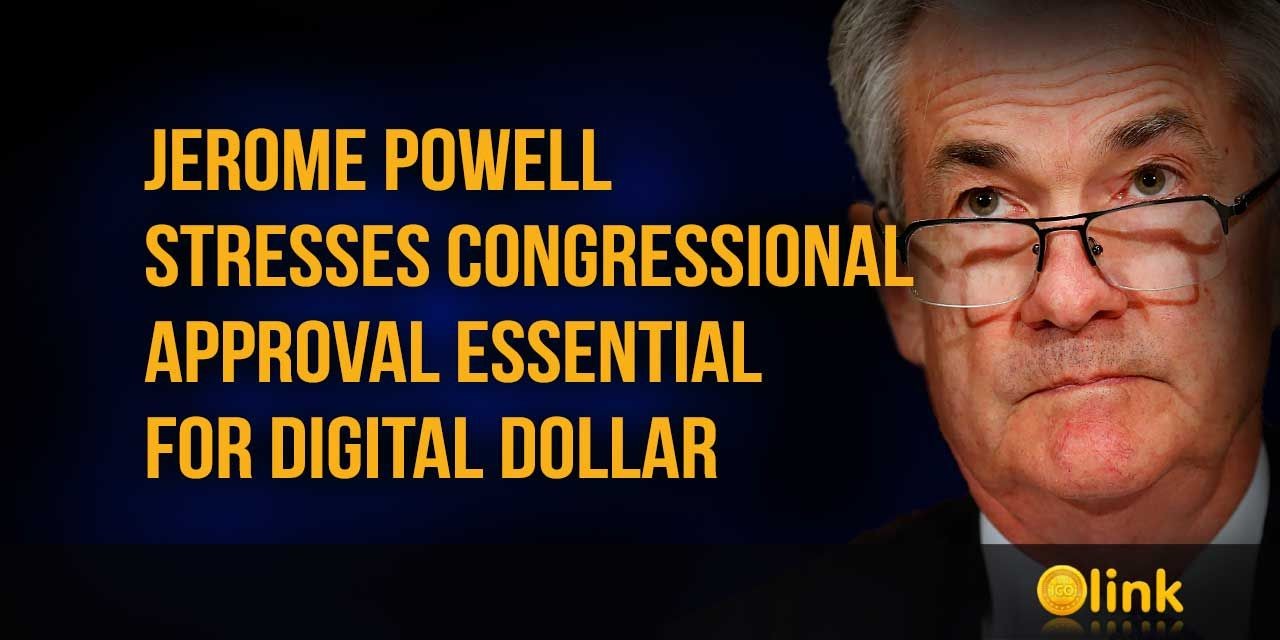Jerome Powell Stresses Congressional Approval Essential for Digital Dollar
Jerome Powell Highlights Congress's Role in Digital Dollar Decision
Jerome Powell, the Chairman of the U.S. Federal Reserve, emphasized the pivotal role of Congress in the potential launch of a digital dollar, underscoring the necessity of legislative approval before any practical steps can be taken. During a private session with members of the House Financial Services Committee on February 13, Powell clarified the Federal Reserve's stance, indicating that the responsibility for initiating the United States' central bank digital currency (CBDC) ultimately lies with Congress.
Powell stated, "We are not advocates for a CBDC and have not decided to propose to Congress the introduction of a digital dollar. Should the mandate to develop a national digital currency arise, it would require Congress to formally authorize such actions." This statement highlights the Federal Reserve's conditional approach to the digital dollar, with a clear emphasis on legislative backing as a prerequisite for progress.
The Federal Reserve Chairman also pointed out the need for a distinct legislative framework to govern the circulation of a CBDC, indicating that comprehensive regulation would be essential to ensure its successful implementation and adoption. This legislative framework would address critical aspects of the digital currency's operation, including privacy and security concerns that have been raised by financial analysts.
The significance of Congressional involvement was further echoed by Jennifer Lassiter, Executive Director of The Digital Dollar Project, who noted that the direction and nature of Congressional support could significantly influence public confidence in the digital dollar and its susceptibility to legal challenges. This collaboration between Congress and financial authorities is crucial in navigating the complex landscape of introducing a CBDC.
The discourse surrounding the digital dollar is nuanced, with privacy and security risks being major considerations. Analysts from RBC Wealth Management previously highlighted that the potential drawbacks of central bank digital currencies might surpass their benefits, signaling the importance of careful deliberation and robust regulatory measures.
As the debate over the digital dollar continues, Powell's remarks underscore the integral role of Congress in deciding the future of digital currency in the United States. This collaborative approach between legislative bodies and financial regulators is key to ensuring that any move towards a CBDC is measured, secure, and aligned with the nation's financial interests.






